Chan Buddhism Reading List

What is the best book to read about Chan (Zen) Buddhism from a modern perspective?
- Are you looking for books about the history, philosophy, and practice of Chan? Or do you want a book on meditation or self-development?
- What is an easily understood introduction to Buddhism without any unfamiliar terms?
- Would you like to read something helpful for your meditation practice? Or do you want to know more about Buddhist texts (the Dharma)?
- What happens on a Chan Retreat? What are the practices of Silent Illumination and Koans (gongan or huatou)?
- What are Buddhist ethics?
Wherever you are on the Chan Buddhist path, whatever you are looking for, there is a book in this list to interest you. This Chan Buddhism book list was compiled Summer 2025 by leaders from the Western Chan Fellowship. It is intended to be accessible for the beginner as well as advanced practitioners.
What are good books for newcomers to Buddhism to read?
Lives: Buddha
Karen Armstrong
Karen Armstrong has written biographies of many world religious leaders. This short book is an introduction to the life and thought of the Buddha as an influential spiritual thinker. It distils the key events of Buddha's life and also introduces the main tenets of Buddhism.
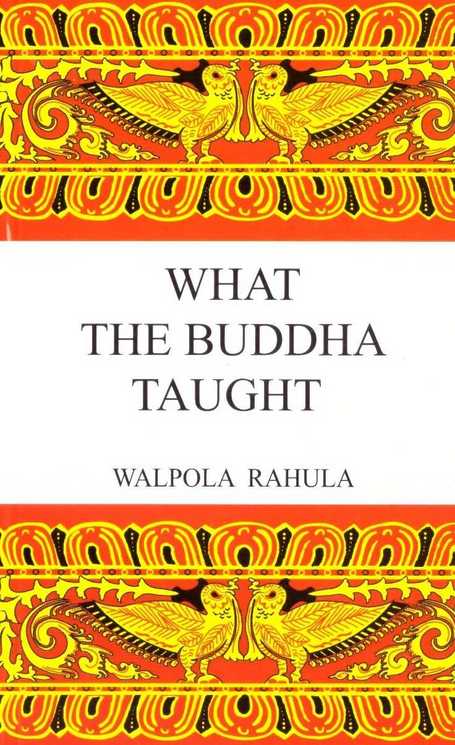
What the Buddha Taught
Walpola Rahula
This guide draws on the words spoken by the Buddha to convey the true nature of Buddhist wisdom. Although written over 50 years ago, it is still a classic introduction to the Buddha’s thought. Using quotes from the sutras, it goes through Buddhism's essential teachings, including the Four Noble Truths, the Buddhist mind, the Noble Eightfold Path, meditation and mental development, and the world today.
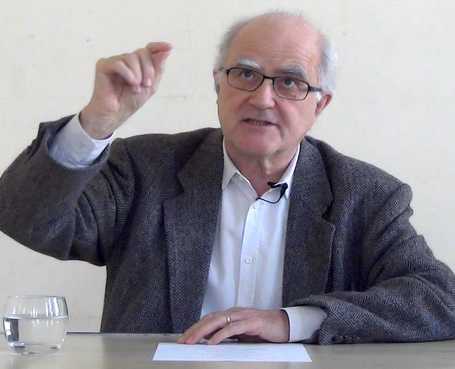
Buddhism without Beliefs: A Contemporary Guide to Awakening
Stephen Batchelor
This introduction demystifies Buddhism by explaining, without jargon or obscure terminology, how to practise it and what awakening is.
Buddhism Plain and Simple
Steve Hagan
This is a book about being 'awake' and in touch with what is going on here and now. Because the teachings of the Buddha remain focused on the moment, they are just as relevant now as they have ever been. This book is for anyone wanting to discover, or rediscover, the essence of Buddhism.
Early Buddhist Discourses (Hackett Classics)
ed & trans John J. Hodder
Twenty of the Buddha’s discourses from the Pali Canon with introductions that highlight their main themes. Taken together, these works give an account of Buddhist teachings from the earliest primary sources. There is also a good General Introduction on the Pali Canon-its importance within the Buddhist tradition -and an overview of the basic doctrines of early Buddhism.
Buddhism for Beginners
This is a website created specifically for beginners in Buddhism by the Tricycle Foundation, a trustworthy, non-sectarian charity/not for profit. It deals with the main ideas and strands of Buddhism in a clear and unbiased way.
What are good books to read on Chan (Chinese Zen)?
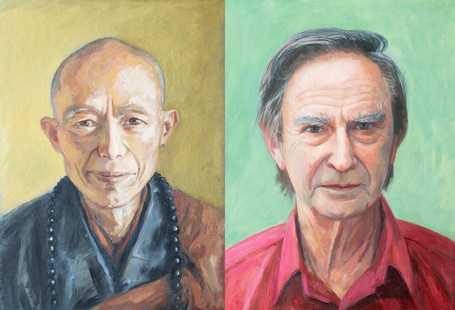
Illuminating Silence: Insights on the Path of Chinese Zen
Chan Master Sheng Yen and Chan Master John Crook
An insider's guide to the principles of Chan - or Chinese Zen. This book gives unfiltered access to the illuminating experience of practising with a Chan Master.
This jewel of a book offers a insight into both the ancient teachings and the contemporary practice of Chan. Sheng Yen makes it clear that his retreats are for the development of practice, to realize one is not in control of one's own mind, to discover how to train one's mind in awareness, to calm the mind, and to replace ignorance with insight. Commentary by John Crook provides a account of the practical aspects of a retreat of this nature. This includes the meditative practices of watching the breath, counting the breath and of 'Silent Illumination' that lies at the heart of Chinese Zen.
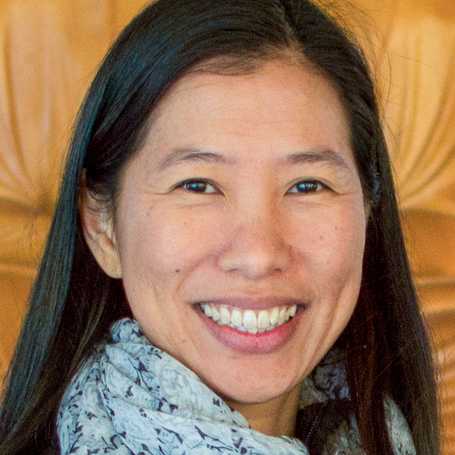
Illumination: A Guide to the Buddhist Method of No Method
Rebecca Li
A modern guide (published 2023) to the transformative practice of Silent Illumination, from Chan Buddhist Teacher Rebecca Li.
Silent Illumination, a way of penetrating the mind through curious inquiry, is an especially potent, accessible, and portable meditation practice. It is a method of reconnecting with our true nature, which encompasses all that exists and where suffering cannot touch us.
The practice of Silent Illumination is simple, allowing each moment to be experienced as it is in order to manifest our innate wisdom and natural capacity for compassion. It can be integrated into all aspects of daily life and is meaningful for secular and Buddhist audiences, new and seasoned meditators alike.
Illumination: A Guide to the Buddhist Method of No Method, book review by Jeremy Woodward
Cultivating the Empty Field: The Silent Illumination of Zen Master Hongzhi
trans Dan Leighton
A key text of teachings by the leading 12th century CE Silent Illumination Chan Master Hongzhi. The insightful introduction, and other poems of Hongzhi and other Masters at the end, make this a must-have book for those interested in this aspect of Chan and Zen.
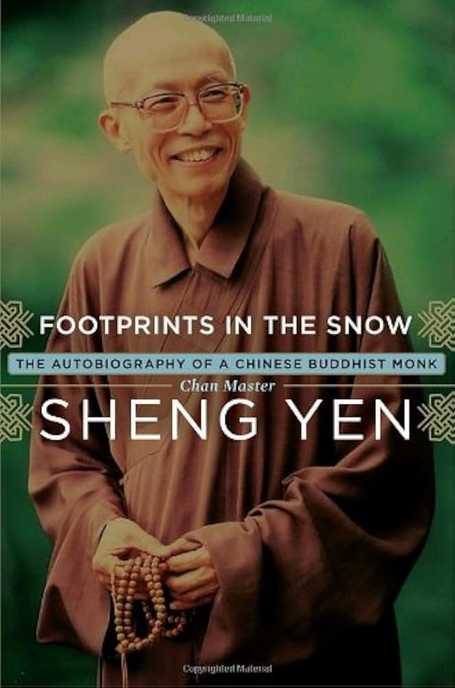
Footprints in the Snow: The Autobiography of a Chinese Buddhist Monk
Chan Master Sheng Yen
The autobiography of Chan Master Sheng Yen who is the root teacher of Western Chan Fellowship and a renowned master in his own right. In this memoir, Sheng Yen traces his spiritual journey against the panoramic story of China from the pre-Communist era to the early 21st century.
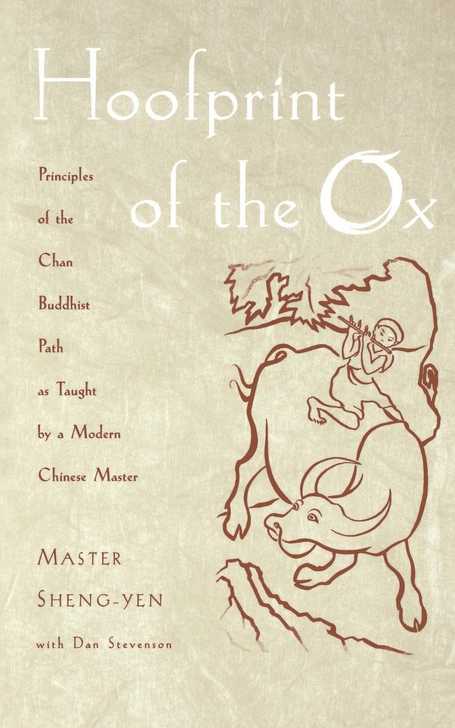
Hoofprint of the Ox: Principles of the Chan Buddhist Path as Taught by a Modern Chinese Master
Chan Master Sheng Yen
This book offers a comprehensive introduction to the Chan (Japanese, Zen) Buddhist Path. Most of the book is given over to instructions on the Buddhist path, intended for readers with a personal interest in Buddhist thought and practice. It offers readers a course that blends academic learning, study of Buddhist doctrine, and rigorous meditation practice.
Throughout the book, Sheng-yen takes care to place Chan within its proper context in relation to other traditional forms of Buddhist teaching and practice.
Chan Buddhism: (Dimensions of Asian Spirituality #2)
Peter D. Hershock
This book clearly expresses the meaning of Chan (Zen in Japan, Son in Korea) as it developed in China more than a thousand years ago and provides insights into the aims and forms of practice associated with the tradition, including the importance of meditation; the centrality of the teacher-student relationship; and the celebration of enlightenment narratives, or koans.
The meaning of Chan as a living spiritual tradition is addressed through a philosophical reading of its practice as the realization of wisdom, attentive mastery, and moral clarity.
The Spirit of Zen: Early Chan teachings resurrected
Sam van Schaik
Despite its title, this recent book is a review and translation of Chinese manuscripts found at Dunhuang on the Silk Road. These contain the teachings of the early Chinese patriarchs and other contemporary masters from 5th to 8th centuries CE. The introduction is a masterful review of early Chinese/Chan practice, meditation and theory, in itself worth the price of the book.
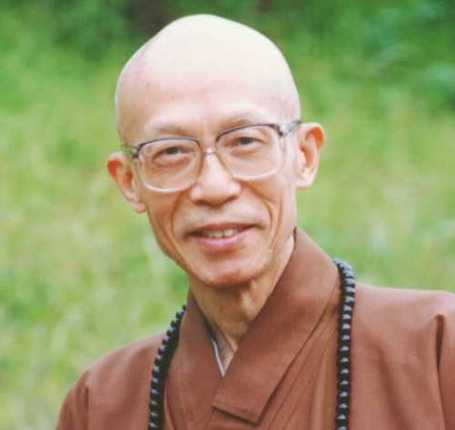
There is No Suffering; A Commentary on the Heart Sutra by Sheng-Yen
Chan Master Sheng Yen
In this short book, Master Sheng Yen goes through the Heart Sutra line by line. His writing is very clear, concise and easy to read. It's thought-provoking and gives a very good understanding of the core teaching of Chan Buddhism, which is the wisdom of emptiness. The book is highly recommended for beginners as well as long-time Buddhist practitioners.
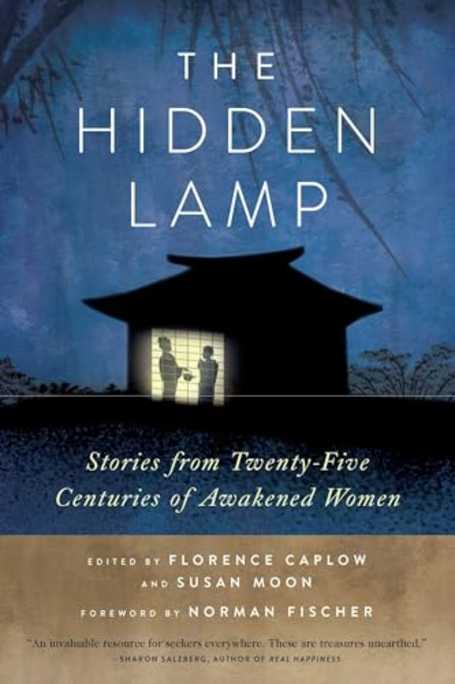
The Hidden Lamp: Stories from Twenty-Five Centuries of Awakened Women
Zenshin Florence Caplow, Reigetsu Susan Moon
The Hidden Lamp is a collection of one hundred koans and stories of Buddhist women from the time of the Buddha to the present day. They are expressions of freedom and fearlessness. In these pages we meet nuns, laywomen practising with their families, famous teachers honoured by emperors, and old women selling tea on the side of the road. Each story is accompanied by both a reflection by a contemporary woman teacher that helps bring the stories to life for readers today and a final meditation for the reader.
The Hidden Lamp: Stories from Twenty-Five Centuries of Awakened Women, book review by Pat Simmons
Great Doubt: Practicing Zen in the World
Boshan – trans Jeff Shore
“The greater the doubt, the greater the awakening”. This phrase encapsulates gong-an (koan) and huatou practice of Chan/Zen. Boshan addresses the reader directly with vivid metaphors and stern (sometimes humorous) admonishments. He pulls no punches... These concise texts offer classic wisdom for those exploring the Chan/Zen path.
What are some books to read about Buddhist Ethics?
Being Upright: Zen Meditation and the Bodhisattva Precepts
Reb Anderson
Reb Anderson first introduces us to the fundamental ideas of Zen Buddhist practice - Who was Shakyamuni Buddha and what was his central teaching? What does it mean to be a bodhisattva and take the bodhisattva vow? Why should we confess and acknowledge our ancient karma? What is the significance of taking refuge in Buddha, Dharma, and Sangha? With wisdom and compassion, the author, a gifted storyteller, then explores the ten basic precepts which teach us how to confront the emotional and ethical turmoil of our lives.
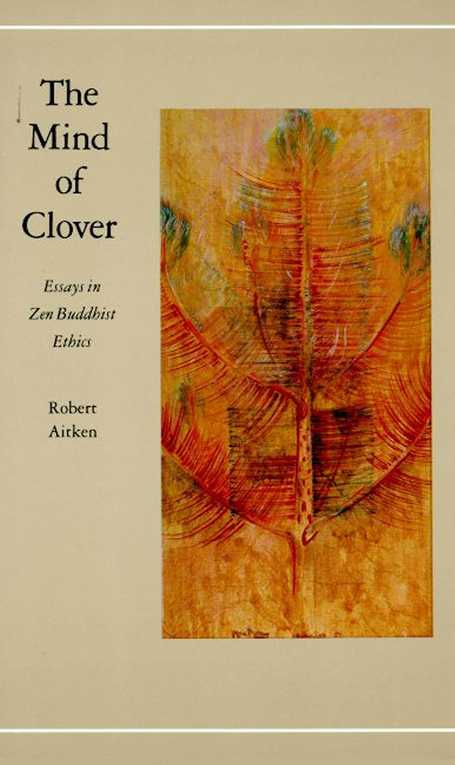
Mind of Clover: Essays in Zen Buddhist Ethics
Robert Aitken
Aitken discusses the ‘Ten Grave Precepts” of Zen. He shows how each of these ethical guidelines can extend into all areas of life, and be understood on different levels. Also included are essays on other topics such as self, service and ecology.
The Mind of Clover champions the cause of personal responsibility in modern society.
In Love with the World: What a Monk Can Teach You About Living from Nearly Dying
Yongey Mingyur Rinpoche
Yongey Mingyur Rinpoche shares his personal story of how he explored the deepest, most hidden aspects of his being, and the near-death experience that came to define his meditation practice and teaching forever. Moving, beautiful and suffused with local colour, Rinpoche shares the invaluable lessons learned during his four-year wandering retreat and the meditation practices that sustained him. He shows how we can all transform our fear of dying into joyful living. A Modern classic.
Coming Back to Life: The Updated Guide to the Work That Reconnects
Joanna Macy and Molly Young Brown
The authors address the anguish experienced by those who would confront the harsh realities of our time. They show how grief, anger, and fear are healthy responses to threats to life, and when honoured can free us from paralysis or panic, through the revolutionary practice of the Work that Reconnects.
This book introduces the Work's theoretical foundations, illuminating the angst of our era with great insight. Pointing the way forward out of apathy, it offers personal advice as well as easy-to-use methods for group work.
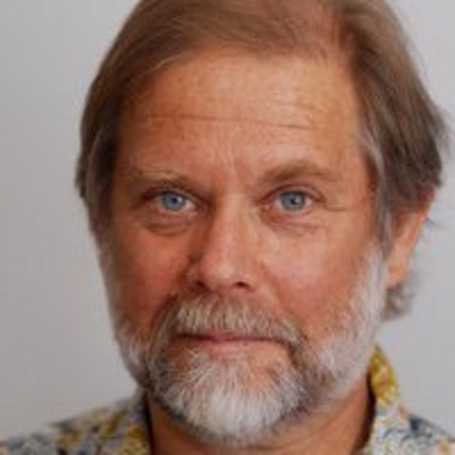
Ecodharma: Buddhist Teaching for the Precipice
David Loy
How can we respond urgently and effectively to the ecological crisis - and stay sane doing it?
This book is simultaneously a manifesto, a blueprint, a call to action, and a deep comfort for troubling times. David Loy lays out the principles and perspectives of Ecodharma - the Buddhist response to our ecological predicament.
It offers practical spiritual resources and outlines the Ecosattva Path, a path of liberation and salvation for all beings and the world itself. The book sets out the powerful ways Buddhism can heal the world we all share. Prepare to be inspired, motivated, and encouraged.
Toward a Psychology of Awakening: Buddhism, Psychotherapy, and the Path of Personal and Spiritual Transformation
John Welwood
How can we connect the spiritual realizations of Buddhism with the psychological insights of the West? In this book the author addresses this question, building on his innovative psychospiritual approach to health, healing, and spirituality.
Welwood's psychology of awakening brings together three major dimensions of human existence: personal, interpersonal, and suprapersonal in one overall framework of understanding and practice.
Bare-Bones Meditation: Waking Up from the Story of My Life
Joan Tollifson
Born with only one hand, the author grows up feeling different, finds identity as a bisexual lesbian and a disability rights activist, but also sinks into drug addiction and alcoholism. She embraces Zen Buddhism and then a very bare-bones spirituality that has no form. The book reveals the inner process of the mind in a new way, and Tollifson's account is beautifully written - intense and from the heart.
Autism and Buddhist Practice: How Buddhism Can Help Autistic Adults Cultivate Wellbeing
Chris Jarrell
The book includes a wide range of contributors discussing aspects of their autistic experience and the impact of Buddhism on their lives. It is a portrayal of the intersect between the lived experience of autistic people and spiritual practice. The deeply personal accounts of the positive impact Buddhist practices have had on relationships, social interactions, sensory overload, mental health and wellbeing, provide an opportunity to find out more about both Buddhism and the support that it can offer to the autistic community.
What should I read to help me practice Buddhism in my life?
Everyday Zen
Charlotte Joko Beck
“Everyday Zen” offers a warm, engaging uniquely Western approach to using Zen to deal with the problems of ordinary daily living. Charlotte Joko Beck has travelled this path, and through the simplicity of her words she shows that, as long as people seek to awaken to themselves and to the immediacy of the moment, the spirit of Zen will appear.
“No matter what your life is, I encourage you to make it your practice.” - Charlotte Joko Beck.
Pure Heart, Enlightened Mind: The Life and Letters of an Irish Zen Saint
Maura "Soshin" O'Halloran
At only 24, Maura O’Halloran travelled to Japan, where she began studying under a Zen master. She became recognized as a Zen master, in an uncommonly short amount of time. This book is Maura's account of her journey. The journal entries and letters home reveal astonishing, wise-beyond-her-years humour, compassion, wisdom, and commitment.
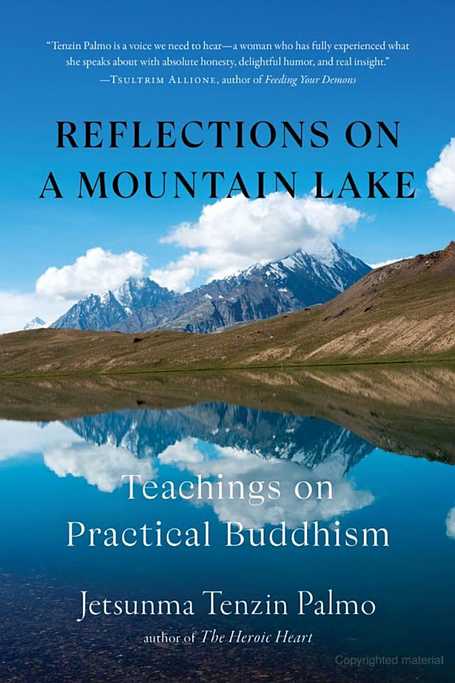
Reflections on a Mountain Lake: Teachings on Practical Buddhism
Jetsunma Tenzin Palmo
This sparkling collection of Dharma teachings addresses issues of common concern to Buddhist practitioners from all traditions. Personable, witty, and insightful, the author presents an inspiring and no-nonsense view of Buddhist practice.
The World Could Be Otherwise: Imagination and the Bodhisattva Path
Norman Fischer
An imaginative approach to spiritual practice in difficult times, through the Buddhist teaching of the six paramitas or "perfections" (generosity, ethical conduct, patience, joyful effort, meditation, and understanding) - qualities that lead to kindness, wisdom, and an awakened life. The paramitas can help us reconfigure the world we live in - from our everyday concerns about relationships, ethics, and consumption to our artistic inspirations and broadest human yearnings.
“We can train our minds. We are not stuck with our fearful, habitual, self-centred ways of seeing and feeling.” - Norman Fischer
The World Could Be Otherwise: Imagination and the Bodhisattva Path, book review by Jeremy Woodward.
Training in Compassion: Zen Teachings on the Practice of Lojong
Norman Fischer
Lojong is the Tibetan Buddhist practice of working with short phrases (called slogans) to generate bodhichitta, the heart and mind of enlightened compassion. Though traditionally a practice of Tibetan Buddhism, the power of the Lojong extends to other Buddhist traditions. The 59 slogans explored through a Zen lens show how people can use Lojong to generate the insight, resilience, and compassion they seek.
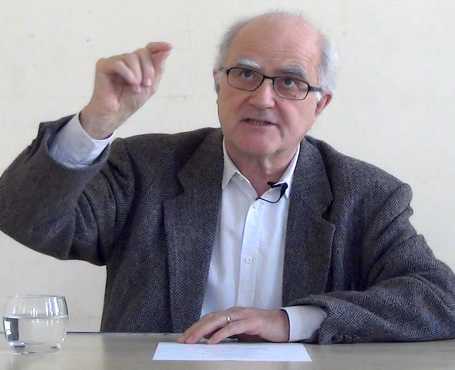
Secular Buddhism: Imagining the Dharma in an Uncertain World
Stephen Batchelor
As the practice of mindfulness permeates mainstream Western culture, is it possible to recover from the Buddhist teachings a vision of human flourishing that is secular rather than religious without compromising the integrity of the tradition? Is there an ethical framework that can underpin and contextualize these practices in a rapidly changing world?
This collected volume of the author’s writings on these themes explores the complex implications of Buddhism’s secularization – from reincarnation, religious belief, and agnosticism to the role of the arts in Buddhist practice.
The Heart of the Buddha’s Teaching
Thich Nhat Hanh
In this book the author brings his gift of clear and poetic expression to an explanation of the Four Noble Truths, the Noble Eightfold Path, and other basic Buddhist teachings. Thich Nhat Hanh's contribution to Buddhism and to life is the way he makes these teachings and practices accessible to everyone, showing us how the very suffering that is holding us down can be the path to our liberation.
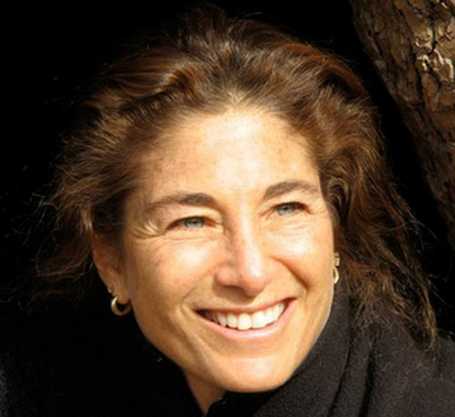
Radical Acceptance: Awakening the Love that Heals Fear and Shame
Tara Brach
Feelings of self-doubt and insecurity are what hold us back in life and cause true suffering. In this landmark book, the author offers us all a path to freedom. Drawing on personal stories, Buddhist teachings and guided meditations we are led to trust our innate goodness. The author reveals how we can develop the balance of clear-sightedness and compassion, heal fear and shame and build loving, authentic relationships.
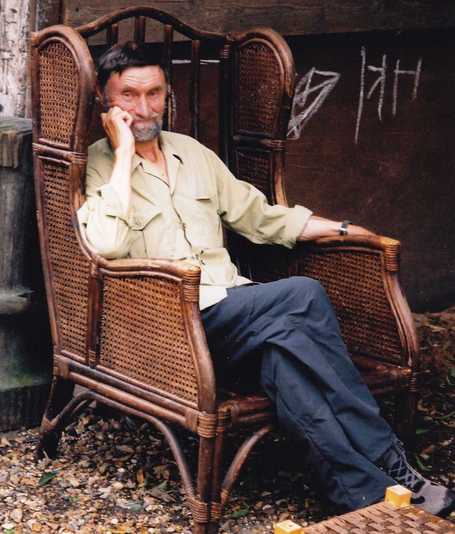
Beyond Mindfulness: Living Life through Everyday Zen
Ken Jones
“Beyond Mindfulness is a wonderful find for any practitioner within the Buddhist tradition. A beautifully written, penetrating and forensic analysis of the human condition suffused with compassion and kindness and offering an accessible experiential path to our improved well being and clarity of vision. The book is further enriched by Ken Jones's haiku stories (haibun) in which his prose and poetry gift us with the very experience of Thusness. I unreservedly recommend this book.” Dr. Rev. Keizan Scott Sensei, Stone Water Zen Sangha
Ken Jones was a long-term member and retreat leader of Western Chan Fellowship.
Buddhism AND: Interdependence, Emptiness, Non-Duality
Gay Watson
The little and usually overlooked word AND lies at the very heart of Buddhist thought and practice, for it links interdependence and abundance. Appreciating the power of AND not only changes our perspective: it can change our life.
The Ground We Share: an Interfaith Dialogue
Robert Aitken and Brother David Steindal-Rast
The aim of these dialogues was to approach the dialogue between Buddhism and Christianity in a fresh way, one that takes as its starting point a comparison of the personal experiences of the dialoguers rather than abstract concepts. The result is the discovery of a surprising amount of common ground — the kind of shared experience that forms a solid foundation for further dialogue.
On the Spectrum, On the Path
Louise Woodford 28/9/2023
In this Lions Roar article, four Buddhists with autism explore how meditation can help with navigating challenges, cultivating calm, and connecting with others. They show how Buddhist practice has changed their lives.
What are good books for dipping into Buddhist teachings?
The Dhammapada: Teachings of the Buddha
trans Gil Fronsdal
The Dhammapada is the most widely studied Buddhist scripture. This classic text of teaching verses conveys the philosophical and practical foundations of the Buddhist tradition. The text presents two distinct goals: the first is attaining happiness in this life; the second is the achievement of spiritual liberation, lasting freedom, absolute peace.
With extensive explanatory notes, this edition combines a rigorous attention to detail in bringing forth the original text with Gil Fronsdal's personal knowledge of the Buddhist path.
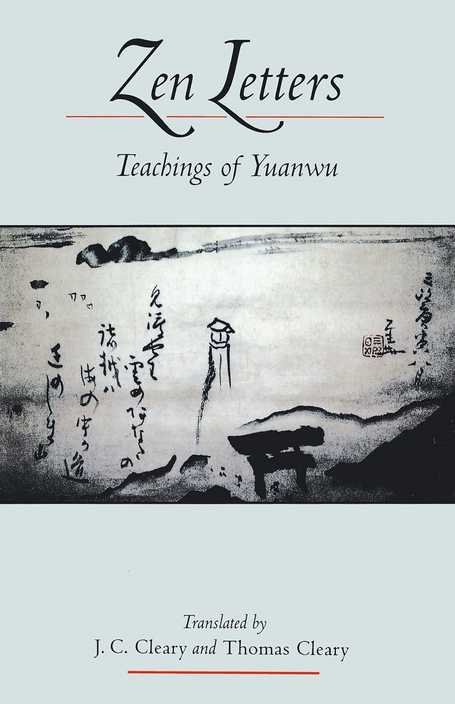
Zen Letters – Teachings of Yuanwu
trans J.C. & T. Cleary
These short teachings are drawn from letters written by the great Chinese master Yuanwu (1063-1135) in direct person-to-person lessons, revealing the inner workings of the psychology of enlightenment. They are written variously to fellow teachers, disciples, and lay students-to women as well as men; to people with families and worldly careers as well as monks and nuns; to advanced adepts as well as beginning students.
More books and booklists
©Western Chan Fellowship CIO 2000, 2004. May not be quoted for commercial purposes. Anyone wishing to quote for non-commercial purposes may seek permission from the WCF Secretary.
The articles on this website have been submitted by various authors. The views expressed do not necessarily represent the views of the Western Chan Fellowship.
Permalink: https://w-c-f.org/Q56
